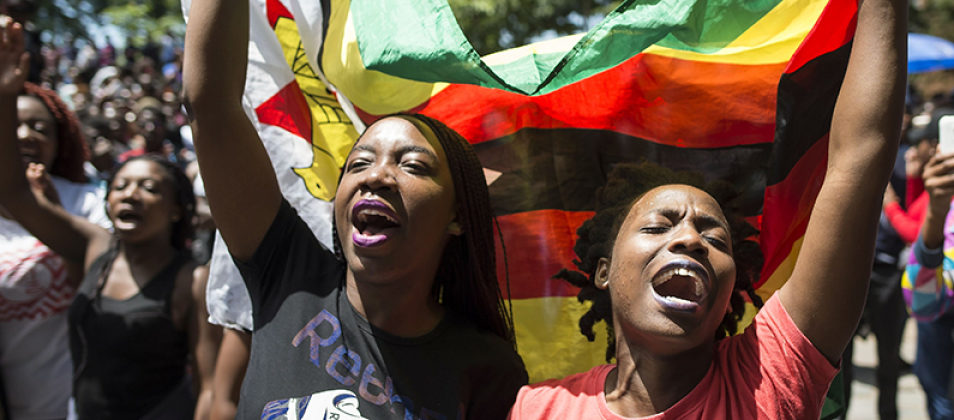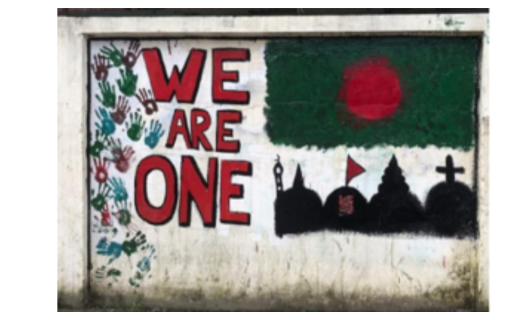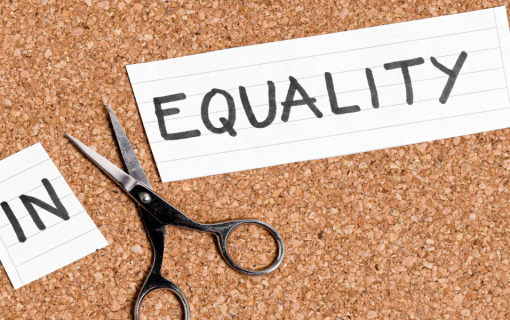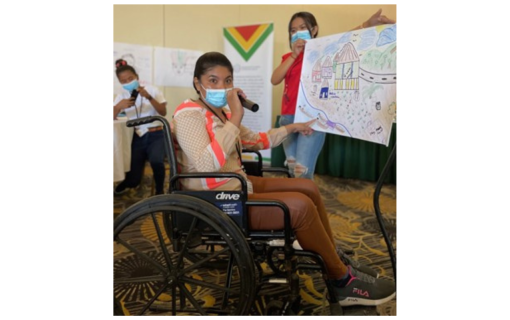
New Assessment of Violence Against Women in Elections in Zimbabwe
Zimbabwe is scheduled to hold general elections on July 30, which may be the foundation for a new political era. New research from the International Foundation for Electoral Systems (IFES) demonstrates that deep-seated inequality and targeted violence against women in elections (VAWIE) inhibit Zimbabwean women from taking full and equal part in this transformative moment. Setbacks at this critical juncture could echo for years or generations, entrenching political gender inequality in the “new Zimbabwe.”
Interviews and focus groups with over 100 men and women around the country provide vivid evidence that women engaging in Zimbabwe’s elections as candidates, voters and journalists experience devastating sexual extortion, physical and sexual violence, harassment and intimidation from their bosses, colleagues, religious leaders and domestic partners in relation to the exercise of their political and civil rights. This deeply impedes their free and fair participation, silencing their voices and inflicting severe harm. VAWIE also occurs in both online and physical spaces. From 2013 to April 2018, IFES found that over 60 percent of abusive and violent online discourse around political actors was directed at women in politics, although women only constitute a third of the National Assembly.
Impunity for violence against women in elections has allowed these acts to continue unimpeded for many years. Ahead of the 2018 elections, Zimbabwean law enforcement declared zero tolerance for electoral violence and stated their intention to fully prosecute violators, including VAWIE violators, signaling a new opportunity to take a meaningful step toward definitively ending VAWIE in Zimbabwe.









